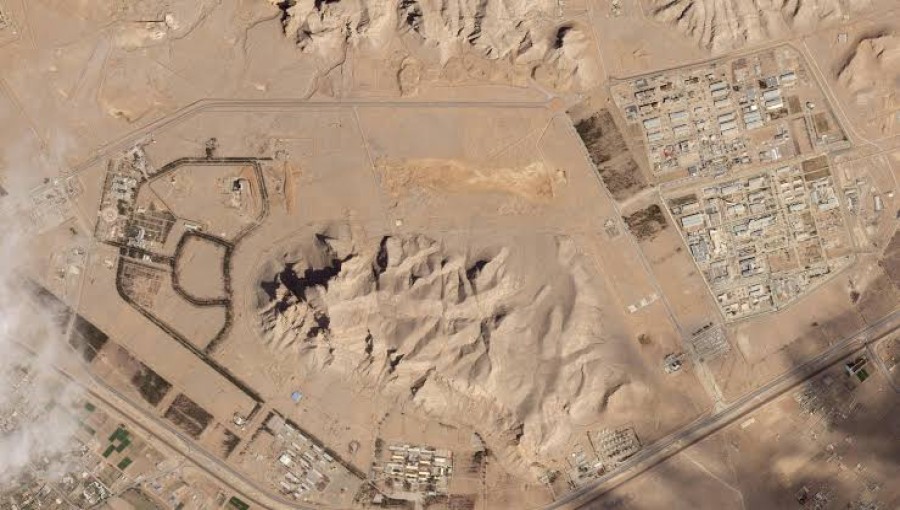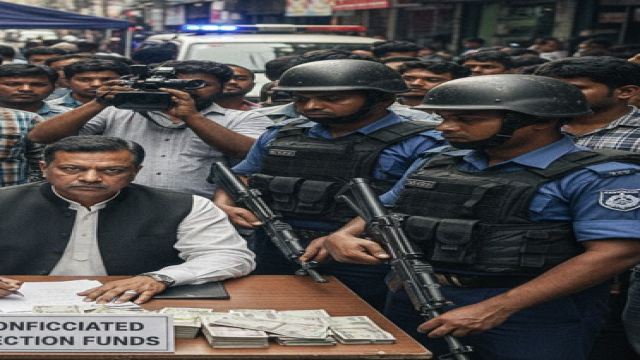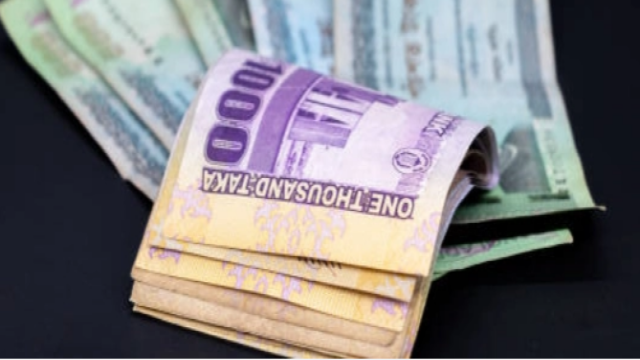Isfahan, the third largest city in Iran, has once again become the target of Israeli attacks, raising questions about the reasons behind the repeated strikes on this historical city.
Renowned for its palaces, mosques, and military industry, Isfahan holds a significant position in Iran's landscape. The city boasts a rich history, serving as the capital of the Persian Empire during the Safavid dynasty's rule.
The recent attack targeted a radar system safeguarding nuclear facilities near Isfahan, adding to a history of Israeli strikes in the region. Isfahan's association with Iran's nuclear enrichment program, particularly the Natanz nuclear facility, makes it a symbolic target for such attacks.
Analysts suggest that Isfahan's strategic importance lies in its numerous military bases, rendering it a critical hub for Iran's defense infrastructure. Hamish de Bretton-Gordon, a chemical weapons expert, emphasized the significance of the proximity of the attack to suspected nuclear sites, indicating Israel's strategic objectives.
This isn't the first time Isfahan has faced such aggression. Previous drone attacks on military installations and munitions factories have been attributed to Israel, although the country has not officially claimed responsibility for these actions.
Despite the repeated assaults, Isfahan remains a cultural treasure, boasting UNESCO World Heritage Sites like Naqsh-e Jahan Square. As the city grapples with the aftermath of yet another attack, its historical significance continues to endure amidst the turmoil of geopolitical tensions.































Comment: